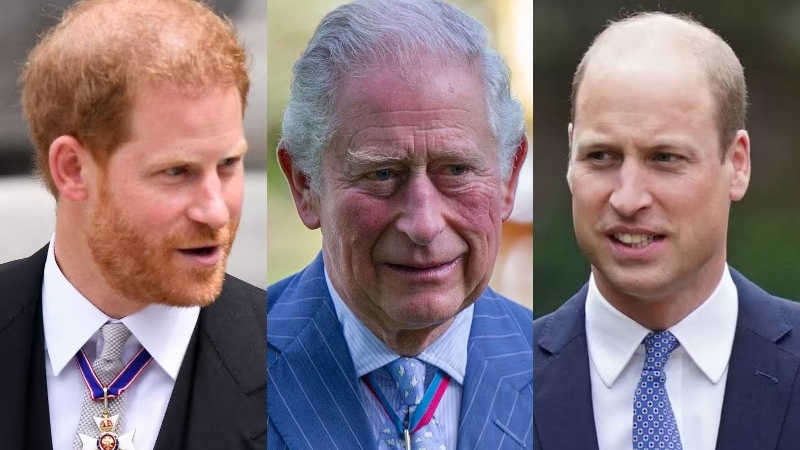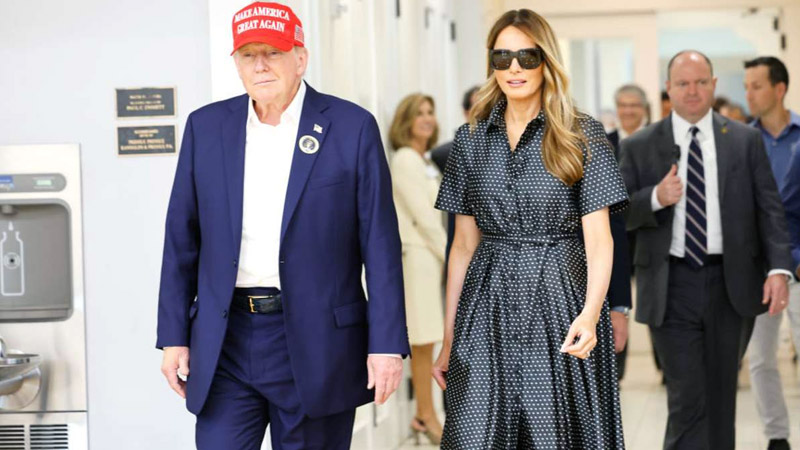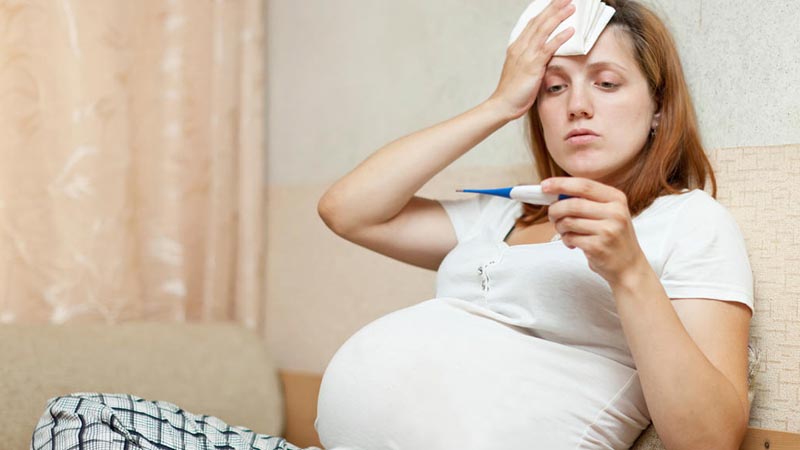Prince Harry’s true feelings for King Charles and Kate Middleton laid bare amid their cancer treatment

(Reuters, AP)
In a recent discussion that sheds light on the intricate dynamics within the British royal family, particularly in the face of adversity, a royal expert offered insights into Prince Harry’s emotional landscape, especially in relation to his father, King Charles, and his sister-in-law, Kate Middleton, both of whom are reportedly undergoing treatment for cancer.
This exploration into the depths of Prince Harry’s sentiments comes at a time when the royal family finds itself navigating through not only the public gaze but also the vulnerabilities that come with health challenges. Dr. Tessa Dunlop, a distinguished royal historian, shared her reflections during a conversation with the Mirror, delving into the complexities of Prince Harry’s emotional world.
According to Dr. Dunlop, Prince Harry exhibits a profound connection with his emotions, a trait that is not only indicative of his personality but also a reflection of the trials he has encountered from a young age. Having lost his mother at the tender age of 12, Harry’s journey through grief and emotional maturation has been both public and poignant.
The royal expert continued, “He knows this isn’t about him, it’s about Kate and the gravity of her condition. He will feel desperately sorry and worried for his brother and sister-in-law, and yes, probably regretful too.”
“Right now Harry (and to an extent Meghan) will be wrestling with all sorts of conflicting emotions: guilt, love, even loneliness, miles from their British family,” she said and added, “The duke will need space to come to terms with what is a massive shift in priorities on the other side of the Atlantic, in a family that he ultimately loves, but has been estranged from.” The royal historian added, “This is a time for healing … They need each other. Our royal family is stronger together.”
The insight provided by Dr. Dunlop paints a picture of a man who, despite the distance and the often complicated dynamics that characterize his relationship with the royal family, harbors deep feelings towards his family members, particularly during times of illness and vulnerability. The mention of King Charles and Kate Middleton’s health struggles brings to light the universal challenges that bind families together, transcending the boundaries of royal protocol and public expectation.
Prince Harry’s capacity to empathize and remain emotionally attuned, as highlighted by Dr. Dunlop, suggests a layer of complexity in his interactions with his father and sister-in-law during their health battles. This perspective invites a nuanced understanding of the prince’s emotional state, one that encompasses a range of feelings from concern and empathy to perhaps a longing for reconciliation and unity in the face of adversity.
As the royal family confronts these health challenges, the spotlight on Prince Harry’s emotional responses underscores the broader narrative of family, resilience, and the human capacity to navigate through trials with empathy and understanding.
Dr. Dunlop’s insights provide a window into the emotional undercurrents that influence the dynamics within the royal household, revealing a tapestry of relationships that are both deeply personal and universally relatable. In this context, Prince Harry emerges as a figure who embodies the complexities of dealing with familial health crises, highlighting the intertwining of personal growth, emotional depth, and familial bonds.


